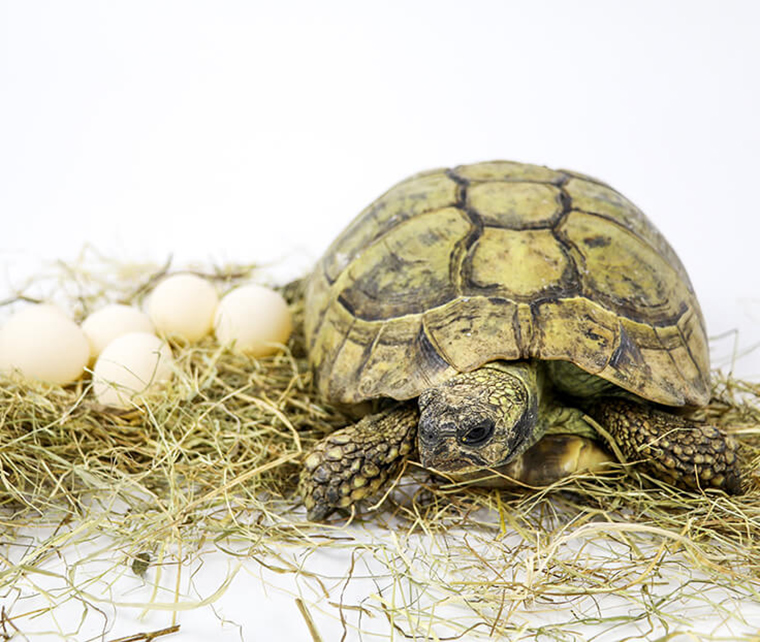
Tortoises are fascinating pets, and can stay with you for a long time – Isabelle Vets have a few tortoises registered with them that are over a hundred years old! Female tortoises may try to breed and produce eggs even when there is not a male tortoise with them. After shedding the eggs from the ovary, if the eggs are not laid they can build up in the oviduct (a structure like a womb); this may be due to an obstruction (for example a bladder stone), misshapen eggs or pelvis, a lack of a nesting site or low calcium levels (the most likely cause in this case). The tortoise is then said to be egg bound. In Odo’s case, medical management worked well, but if this does not work, then surgery is indicated. This involves cutting through the underneath shell or plastron, but there are risks associated with this surgery, and it will take up to two years for the shell to regrow completely (tortoises do everything slowly!)
‘Pet Hero’ is a monthly competition where Isabelle Vets will nominate a pet who they believe has overcome, with stoicism and bravery, an exceptional medical condition, injury or surgery. This could be your pet and with the love and care of his owner and the help of Isabelle Vets they have battled through to become happy and healthy pets, again. At the end of 2017, we will ask all readers to vote for the ‘Pet Hero of the Year’ who will receive a prize in keeping with their position of being a very special animal.
You can follow the competition at www.facebook.com/isabellevets
Welcome to our news pages. We post updates about Isabelle Vets and the wonderful pets we deal with here in Guernsey.